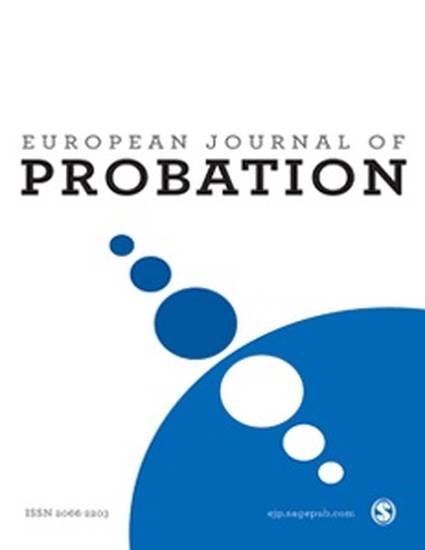
Article
Staff Training Aimed at Reducing Rearrest: Probation Officer Attitudes and Experiences
European Journal of Probation
(2020)
Abstract
Community correction organisations have recognised the importance of implementing evidence-based practices to improve probation practice and reduce recidivism rates. Research finds when probation agencies implement evidence-based practices in line with the Risk, Need, Responsivity model with fidelity, reductions in recidivism are possible. However, challenges of implementation persist. To assist in the translation of evidence-based practices to real-world practice, researchers and practitioners developed community supervision officer training programmes. Using qualitative interview data of trained federal probation officers, this study examined the implementation of the Staff Training Aimed at Reducing Rearrest. This study explored (1) probation officer attitudes and perceptions of Staff Training Aimed at Reducing Rearrest, training and implementation process; (2) how users and coaches implement key components of Staff Training Aimed at Reducing Rearrest; and (3) the organisational facilitators and barriers associated with Staff Training Aimed at Reducing Rearrest implementation. Findings suggest positive attitudes towards Staff Training Aimed at Reducing Rearrest for improving supervision process and highlight key facilitators and barriers that can be addressed to support successful implementation efforts.
Keywords
- community corrections,
- core correctional practices,
- probation,
- Staff Training Aimed at Reducing Recidivism,
- training programme
Disciplines
Publication Date
December, 2020
DOI
https://doi.org/10.1177/2066220320976101
Citation Information
Lucas M. Alward, Jill Viglione and DeCarlos L. Sheppard. "Staff Training Aimed at Reducing Rearrest: Probation Officer Attitudes and Experiences" European Journal of Probation Vol. 12 Iss. 3 (2020) p. 238 - 264 Available at: http://works.bepress.com/lucas-alward/10/
